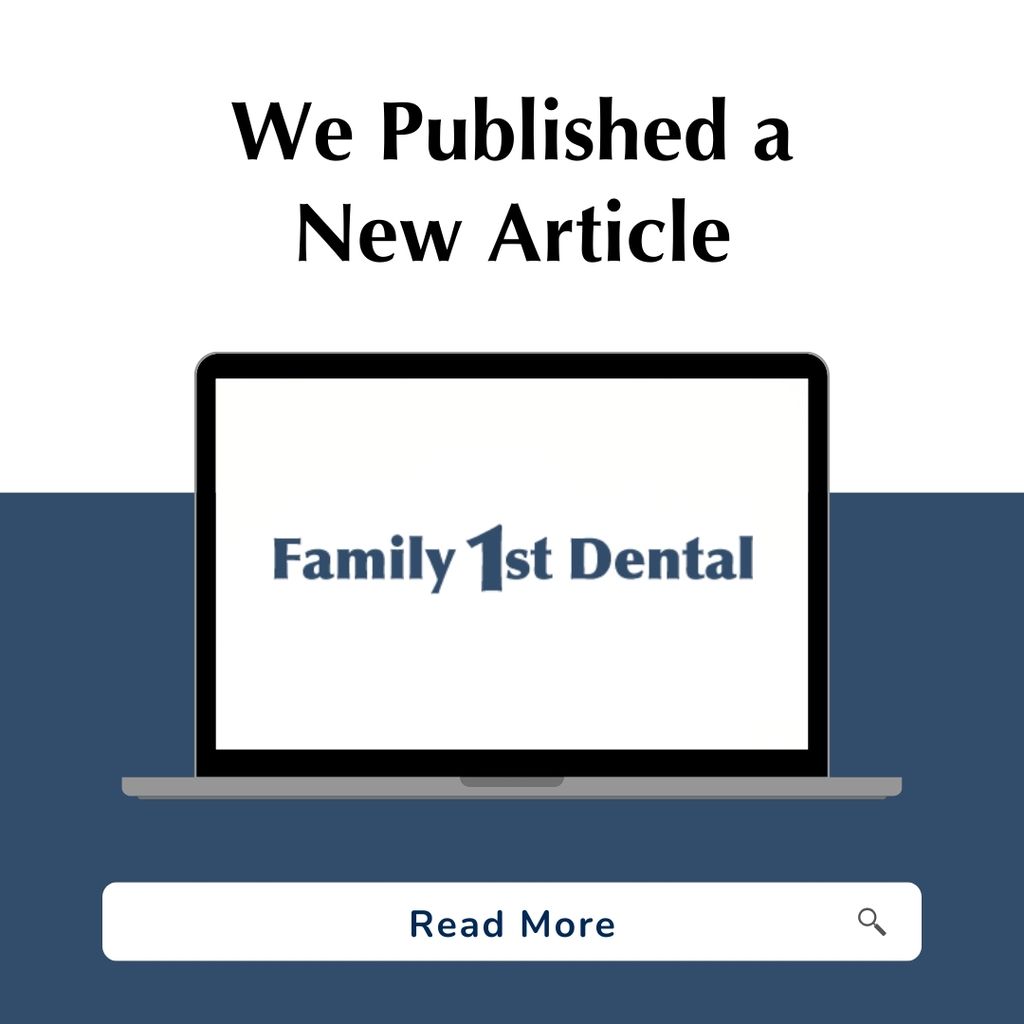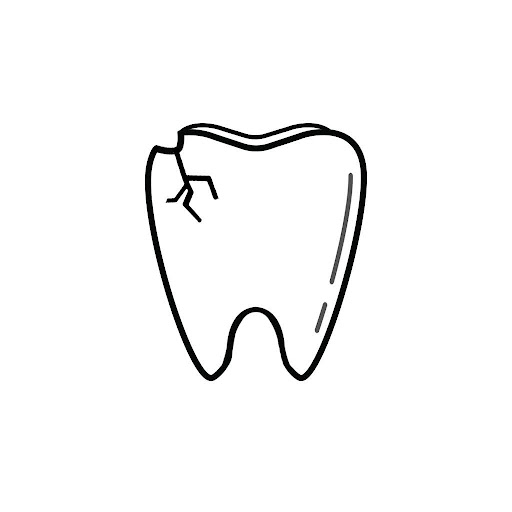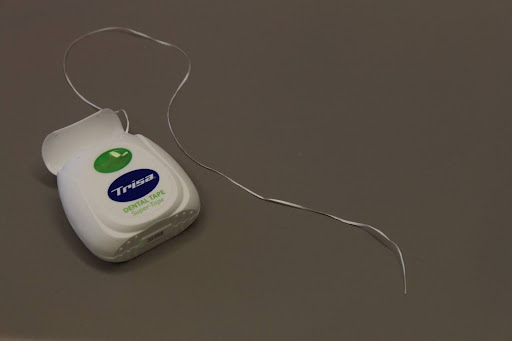
In the realm of oral care, the spotlight often shines on teeth and gums, but let’s not forget the vital role of tongue care. Your tongue performs essential functions like swallowing, tasting, and speaking, yet it can also harbor harmful bacteria that jeopardize your oral health. Discover how to maintain a healthy tongue with these four essential tips:
- Prioritize Optimal Oral Hygiene
Incorporate tongue care into your daily oral hygiene routine by brushing and flossing twice a day. Don’t overlook your tongue – give it a gentle brush or consider using a tongue scraper to eliminate any buildup that may accumulate.
- Hydrate Adequately
Dehydration can lead to discomfort and dryness in your tongue. Ensure proper hydration by drinking plenty of water throughout the day. Water not only keeps your tongue moist but also helps rinse away food particles and bacteria, reducing the risk of bad breath.
- Embrace a Nutrient-Rich Diet
Your tongue, being a muscle, thrives on a balanced diet rich in essential nutrients. Incorporate foods abundant in vitamins, minerals, calcium, lean protein, and fiber to support tongue health. Steer clear of processed foods and sugary treats, which can compromise oral health.
- Regular Dental Visits
Schedule biannual visits to Family 1st Dental – Hawarden to safeguard the health of your tongue, teeth, and entire mouth. During these appointments with Dentist Hawarden, we’ll conduct thorough examinations to assess your oral health and collaborate with you to develop a personalized oral care plan.
Don’t underestimate the importance of tongue care in preserving your oral health. Implement these four tips into your routine to maintain a radiant smile and optimal oral well-being. Reach out to our office today to explore proper oral care practices or to schedule your next appointment. Your tongue deserves the best care for a healthy, lasting smile!















